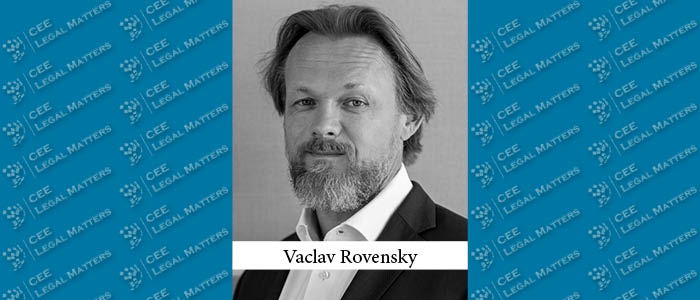The impact and perception of ESG considerations in the CEE region, and specifically in the Czech Republic, is still in the early stages of its evolutionary path, compared to, say, the U.K., the U.S., or larger Western European economies. There is certain skepticism and uncertainty as to what this new trendy acronym means and if, at the end of the day, it will really impact a Czech industrial family business, a hotel, or a high-tech start-up. ESG considerations, policies, and metrics are likely to be more familiar (and implemented to a certain degree) to a large Czech company – moreover, when it’s a part of an international corporate group – rather than a smaller Czech enterprise, but of course, there are exceptions to the rule.
Nevertheless, sustainability/ESG law has been showing phenomenal growth within the EU (simply by the sheer number of new directives and guidelines addressing the three pillars of ESG, Environment, Social, and Governance, with some of the major directives being the CSRD, the SFDR, the CSDDD, the EU Taxonomy, and the newly proposed Green Claims Directive). Taking a bird’s eye view of the European and global ESG environment, it is hard to disagree with commentators who refer to ESG as “the new GDPR” – ultimately, it will affect nearly all businesses in their operations, it is just a matter of time. And from a legal adviser’s perspective, it’s a matter of due and necessary preparation to aid clients in bringing their businesses and operations into ESG alignment.
As a matter of good corporate governance (itself one of the three ESG pillars), all Czech companies, regardless of size or industry, are obligated to address all relevant risks in their management, and these days, this clearly also encompasses sustainability/ESG risks. ESG is gaining traction as an employer-branding tool as employees, particularly the younger generation, have new demands for their prospective employers and workplaces. This ESG awareness and demand from future employees is something that we already actively see in the Czech Republic job market among young graduates who now “evaluate” potential employers in terms of alignment with their values. The global push for companies, stakeholders, and consumers to increasingly require a credible demonstration of ESG metrics will no doubt also start taking hold in the CEE region, but within a slower time frame. International companies, for example, are progressively emphasizing adherence to ESG criteria within their supply chains, particularly in light of Germany’s new Supply Chain Due Diligence Act which is effective since January 2023 and will indirectly affect suppliers outside of Germany, including in CEE. CEE companies forming part of a supply chain for German clients will need to prepare themselves for inquiries about their and their suppliers’ practices concerning environmental protection, social working conditions, diversity, and anti-corruption measures, among others. This is an effective exercise in preparing for the eventual impact of the EU Corporate Supply Due Diligence Directive (CSDDD) which will come into effect within the next few years.
Although the initial corporate and legal reaction to ESG principles and resultant regulatory measures might be to consider these as being compliance/risk management/obligatory issues, companies are, in fact, now realizing that the reframing of global, regional, and local business along ESG principles presents a big opportunity for significant value creation. ESG concepts have thus been shifting away from the former old-school CSR/pro bono perspective (handled at some reputational risk management level, especially with regard to greenwashing, by the company’s PR department). There was a halfway station for ESG in the compliance department and now, increasingly, ESG is handled at the board and top management level, as companies realize that a proactive approach to ESG can unlock commercial opportunities and value creation.
The most fundamental point for clients to take home on ESG issues is that the necessary preparation in respect of the upcoming EU directives is a long-horizon exercise which cannot be hastily compiled one month in advance of the implementation of an EU directive. From a business perspective, it’s fair to say that the need for CEE companies and their lawyers to prepare for ESG alignment will in the short term be driven by commercial and contractual considerations and only in the medium term by actual new legislative deadlines. This is, in fact, an inverse situation to the usual case of being driven purely by legislative factors, but it demonstrates the very far-reaching changes which ESG considerations are making to business worldwide (and yes, this will include CEE!).
As always, the Boy Scouts’ motto applies: “Be Prepared!”
By Vaclav Rovensky, Partner, Kocian Solc Balastik
This article was originally published in Issue 10.7 of the CEE Legal Matters Magazine. If you would like to receive a hard copy of the magazine, you can subscribe here.
















